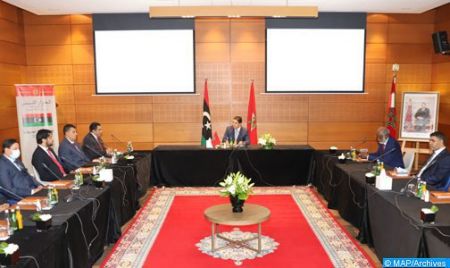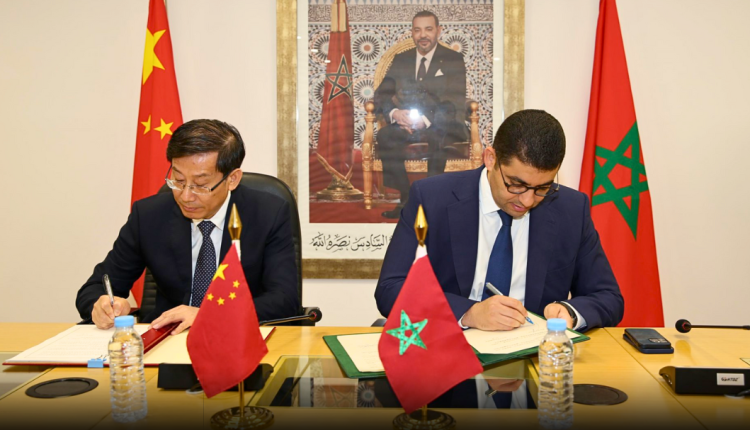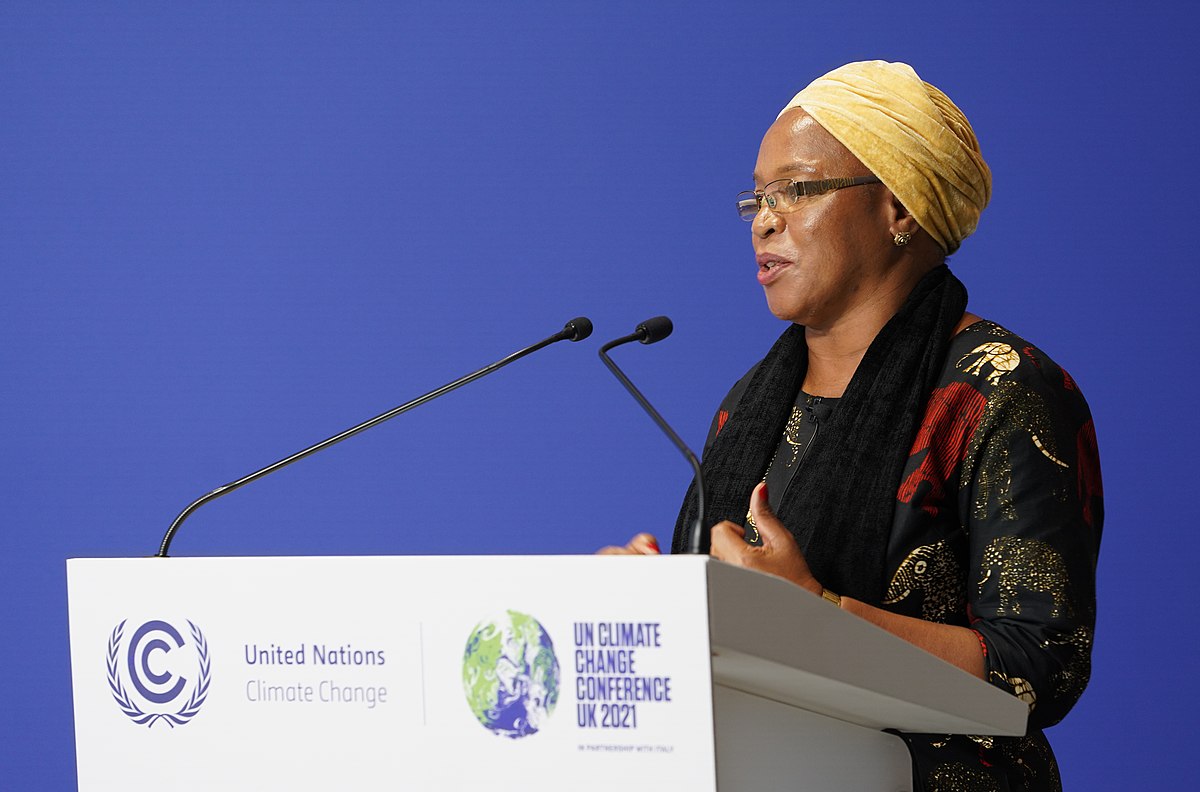Morocco has renewed its “constant and clear” stance on the Libyan conflict, and its commitment to continue to help Libyan factions reach a consensus-based, politically negotiated solution to end the internal crisis prevailing in the oil-rich country.
The commitment was renewed by Foreign Minister Nasser Bourita in an address read on his behalf on Tuesday during the ministerial meeting of the African Union Peace and Security Council on national reconciliation in Libya.
In his address, Bourita reiterated Morocco’s “constant and clear” stance on the Libyan conflict, and its readiness to support mediation efforts aiming to make Libya “a strong and democratic country capable of contributing to the advancement of the Maghreb integration.”
He insisted that the Kingdom considers Libya as “a key partner in the construction of the Maghreb space and the achievement of the aspirations of the peoples of the Maghreb to integration and development”.
Morocco also renewed its support to the efforts made by the Libyan Presidential Council and by Denis Sassou-Nguesso, President of Congo and Chairman of the African Union High Level Committee on Libya, in order to hold a comprehensive conference for national reconciliation in Libya.
Morocco, in accordance with the directives of King Mohammed VI, has been one of the first to accompany the efforts made by the Libyan parties to overcome the delicate transition phase that Libya is going through, with the aim of achieving its aspirations to build a democratic state, united and unified in its sovereignty, territory and national cohesion, he added.
He also recalled Morocco’s efforts to help rival Libyan factions find a common ground and put an end to the decade-long plight of Libyan citizens, since their country descended into a spiral of political unrest and violence.
Since the beginning of the crisis, Morocco has been committed with determination and dynamism in international and regional efforts to reconcile the Libyan parties and facilitate their efforts to find a consensual solution, and has always called for the adoption of a comprehensive approach, based on dialogue and consensus, to build a State of institutions, Bourita said.
The Kingdom of Morocco – King, government, and people – stands by the brotherly Libyan people, stresses at every opportunity the need to preserve the national unity and territorial integrity of the Libyan state and considers the adoption of a national dialogue, with the participation of all components of the Libyan people as the only way to reach this stage, underlined Bourita, recalling that Morocco has worked, in this regard, as part of its ongoing efforts to resolve the Libyan crisis, to bring closer the views of the various Libyan parties, opening dialogue between them and creating a conducive atmosphere, betting that the solution can only be Libyan and political and that the difficulties will be overcome through a calm dialogue and promoting the primacy of Libyan interests.
A genuine solution to the Libyan crisis will only be achieved through a consensual and comprehensive legislative framework for elections, Bourita argued, stressing Morocco’s commitment to the UN-led political process seeking to facilitate the path toward presidential and parliamentary elections as reaffirmed to Abdoulaye Bathily, Special Representative of the UN Secretary-General for Libya and Head of the United Nations Support Mission in Libya, during his visit to Rabat.
He recalled in this connection that Morocco has hosted several dialogue meetings between rival Libyan factions, bringing together officials from the Eastern Libya-based parliament and the Tripoli-based High State Council to discuss a possible consensus on how to best end the Libyan crisis.
Also, Morocco has always placed the Libyan issue at the center of its political consultations in the context of bilateral, regional, and international meetings, during which it sought to press for a political solution to the issue and to avert the specter of military intervention or civil war, he recalled.
The Kingdom of Morocco believes that reaching a consensual and comprehensive legislative framework for elections in Libya, under the aegis of the United Nations, is the only way to achieve lasting peace, and the holding of elections as soon as possible is the guarantee for the formation of a legitimate and elected government. In this regard, we hope that the National Reconciliation Conference, which the African Union and the Libyan Presidential Council intend to organize in Tripoli, will be an opportunity to strengthen the consensus between the Libyan parties, Bourita said, renewing Morocco’s permanent determination and readiness to accompany the national reconciliation in Libya, in the same spirit and with the same approach which draws its credibility from the Kingdom’s firm adherence to the respect of the Libyans’ will without any other agenda, and rejecting any foreign interference aiming at imposing a guardianship and dictating solutions.
While Morocco affirms that overcoming the crisis requires a comprehensive reconciliation based on the principles of transitional justice, it welcomes the efforts of the Presidential Council to launch the process of national reconciliation and make the process of consensus among Libyans a success in order to establish state institutions and strengthen their capacity.
In this regard, Morocco offers its expertise to our Libyan brothers in transitional justice, including the eminent experience of the Equity and Reconciliation Commission, he stressed.
From this point of view, Morocco considers that separating the issue of national reconciliation from the political split and the struggle for influence and interests in Libya, without neglecting the role of the political settlement and the resolution of the legitimacy dilemma through legislative and presidential elections, as well as the unification of the military and security institutions are among the first steps to move this issue forward, in addition to continuing to renounce the hate speech that only exacerbates the current situation.



